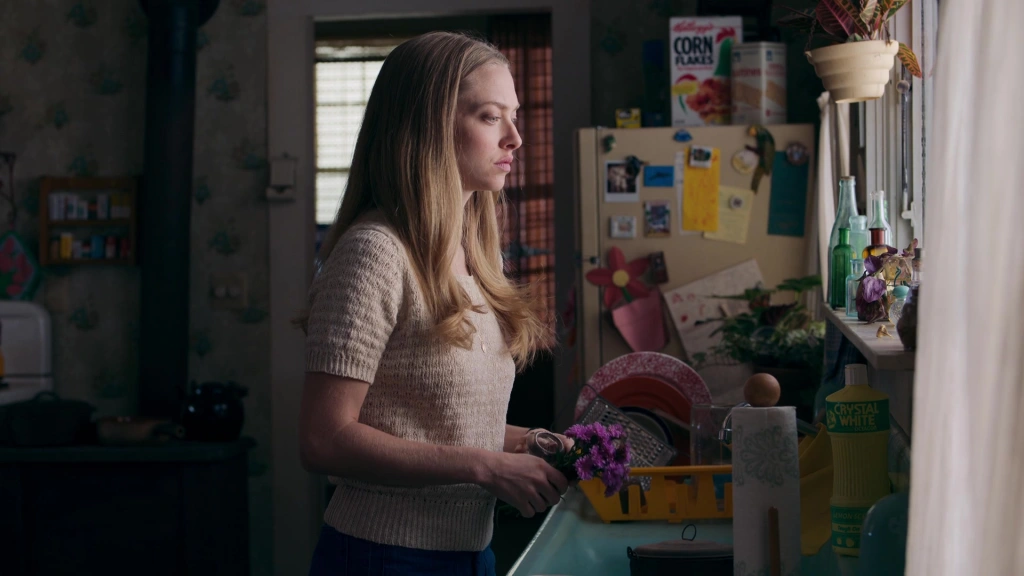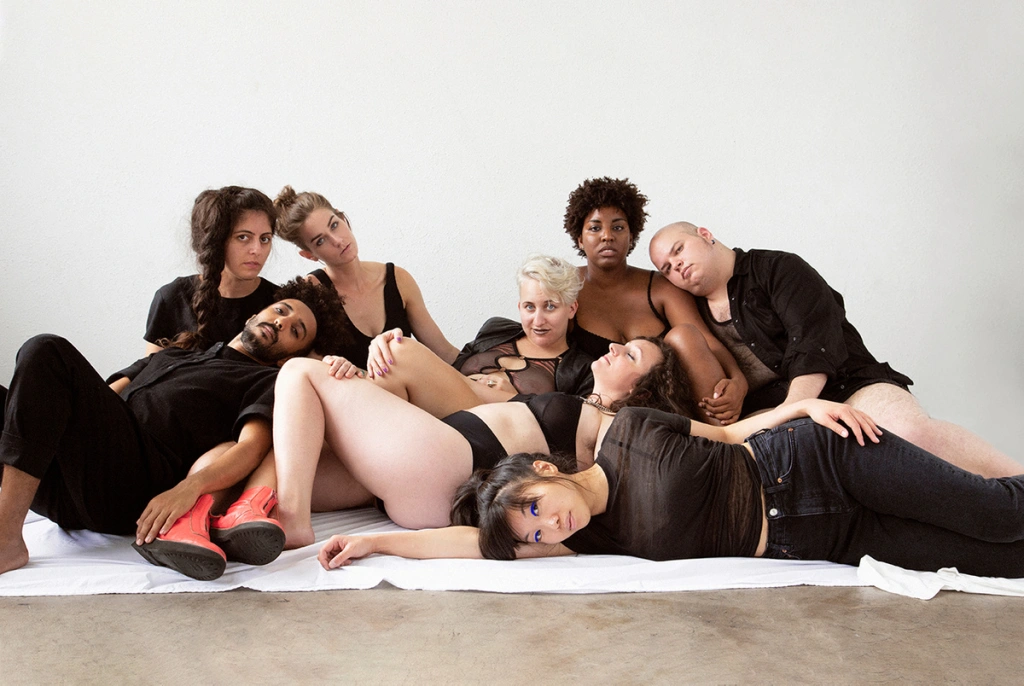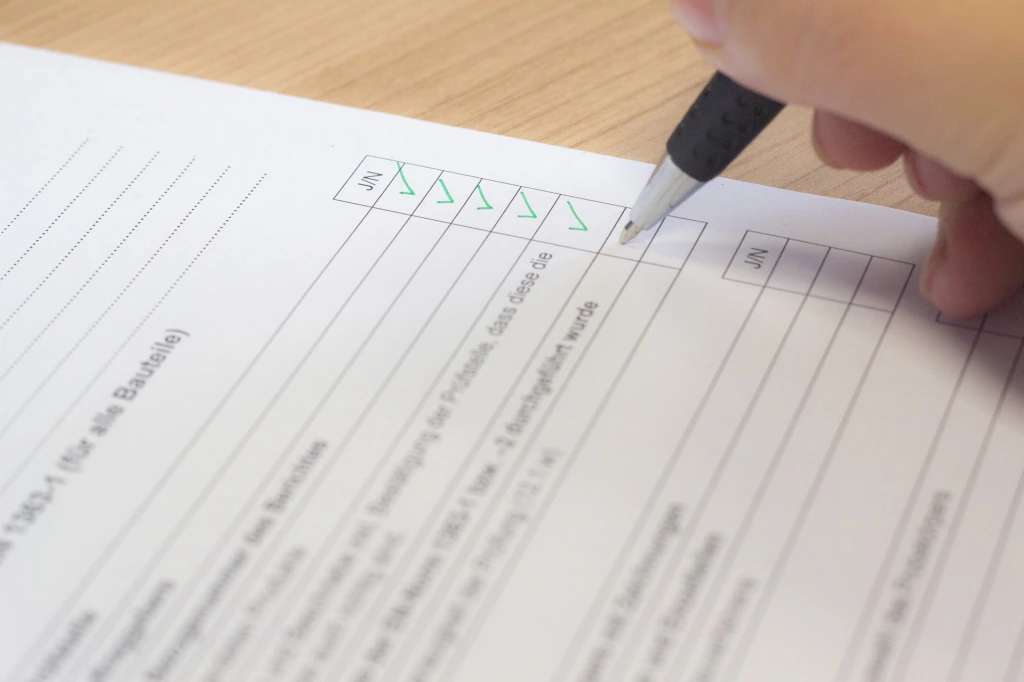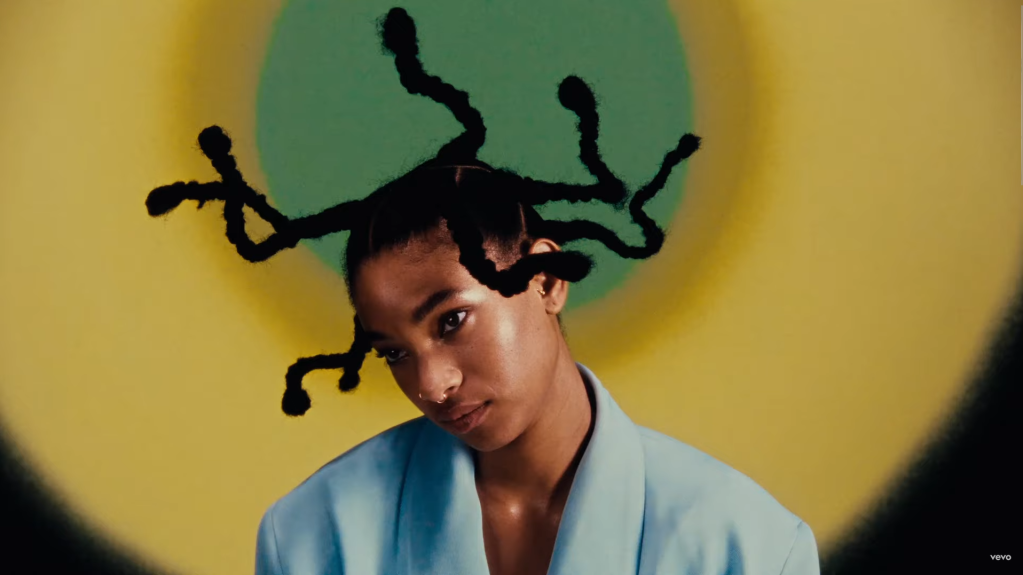In June 2017, The Whisperforge, a collective of audio dramas spearheaded by the creators of ars PARADOXICA, debuted its new work, The Far Meridian. The audio drama centers on Peri (full name “Hesperia,” which she rarely uses), a lonesome woman in a whimsical world trying to find her brother. From its first episode, The Far Meridian felt different from everything else in the audio drama world. The writing, acting, and sound design in the show are tender and earnest. The magical feeling paired beautifully and strangely with the forlorn, nostalgic, but determined energy of Peri, giving listeners a different type of protagonist to see themselves in.
The Far Meridian ended its first season in late December 2017, leaving listeners on a cliffhanger which will be discussed below–don’t read this interview if you want to avoid spoilers. In anticipation for The Far Meridian‘s second season, which premiers Monday, August 27th, I sat down with creator, writer, and lead actress Eli Barraza to discuss the first season and what’s coming next.
How would you describe The Far Meridian for readers who haven’t yet listened?
It depicts this agoraphobic young woman who lives in a converted lighthouse. One day the lighthouse just shows up in a new location, and at the end of every day this fog rolls in. She’s kind of in between places, and the next morning the lighthouse is somewhere else. So it’s really about her learning to kind of force herself to go outside again and learning to interact with people. And it’s really a show about emotion. She starts to look like for her missing brother, realizing she can look for him without home ever being too far away. But it does really kind of distill emotion as a character first and foremost.
I love that you go for a character portrait model for storytelling with the people Peri meets. I think it’s a really under-utilized structure in audio drama—usually, we get things with more linear plots and consistent characters.
It’s funny; I come off of ars PARADOXICA, which is so heavily plot. I love ars PARADOXICA and I really love sci fi and intricacy, but I wanted to completely take a left turn away from that for my next project. It’s interesting, if you listened to ars, the first episode I wrote for it was “Plasticity” and it . . . Yeah. The two little girls growing up that backwards in time and it was basically because I was like, “The last plot is so complicated so here, have this horrifying episode about child experimentation that’s basically about the development of these two children.” Fortunately, they were super into that and I was like, “Oh, thank God.” I was able to grasp the rest of the characters by the time the next episode I had to write came along–but it was an adventure.
Yeah. It’s so funny that that was your first episode given that’s a hard episode. It’s emotionally intense, and then The Far Meridian is emotionally intense, but a very different way: it’s so tender.
It’s a huge tone shift—but people are still crying.
True. I did cry heavily for both. So, you know, there’s that.
Yeah. I feel like I should just give away tissues, like just mail something out. I’m so sorry.

I spoke to producer and director Mischa Stanton once about The Far Meridian, and they told me the whole first season existed in your head as one whole piece that you just had to put down on the page. Would you say that’s accurate?
Initially, this show started out as me being bored and writing monologues and making doodles of portraits. Just whatever came to mind. And then I started to realize, hey, I could turn these monologues into something. As I thought about what I wanted for the first, it all just kind of clicked into place–so when I pitched it to Misha, I was like, “Yep. So here is the entirety of season one. Here’s kind of the idea I’m using to here is basically how the show is going to end.”
So you had these doodles, but what other inspirations did you have? Where any parts autobiographical, even if removed a step or two?
I draw inspiration from everywhere, but also as someone who’s in their twenties and trying to figure everything out and also having anxiety and whatnot. A lot of that was poured into Peri, and even though we only handled things very differently– if I had a traveling lighthouse that would be living the dream, you know? Peri needs adjustment to her situation. I think that I draw for Peri from me, but also kind of from what I see my friends and family and kind of society at large going through: trying to manage, trying to process. Oftentimes with the people that she meets, they’re commonly reflective of things that I’m personally trying to process. So, for example, in episode eight, “A Fine Figure,” with the opening monologue with Sonia talking about her aunt, I wrote that when I was really feeling the lack of an elder in my life. I don’t have grandparents, and I was really missing that guidance and wishing that I had an older woman to be able to give me insight and comfort. I started thinking about what I would want her to say to me, especially when I’m having a bad day, especially when maybe like I don’t feel confident in who I am.
What is your writing process like? Do you have any specific habits or rituals?
I think that I kind of like to write when I’m overcome with some emotion. So, if some people cry, I like to write, then other people cry because of what I’ve written. I commonly write a lot of the monologues and whatnot, or at least the core of an episode, in these notebooks that I got from CVS for super cheap. I love handwriting. I love drawing, so I love the very tactile way words can flow. We’re actually going to be a copying some of my original pages and put them on Patreon, so I’m really nervous and excited because people don’t realize that first drafts are often not that great.
Once the emotional monologue or core concept is distilled on the page, I then transfer it to a Google doc and fill in the rest of the episode, do tweaks. When that’s all done, I send it off to Mischa and a few other people to get insight on. I usually don’t send it to a lot of people–it’s kind of the people who are involved with The Far Meridian. Then sometimes if I’m in crunch time I kind of go into college mode where I have my finals week diet of a pretzels and an Arizona Arnold Palmer.

So for The Far Meridian, you write the episodes and then act in the lead role, but Mischa directs you. Was it strange having someone directing your actions on the words that you wrote?
Mischa would commonly direct the actors on ars PARADOXICA, so that was a natural fit. Oftentimes when I’m in the booth, I’ll also be giving feedback and also giving direction, and in season two we’re pushing more for me to get direction. We’re also bringing someone else in to be directing as well, which we’re really excited about. Oftentimes I’ll agree with them, and sometimes I won’t agree, and then we’ll have a discussion and maybe get frustrated, maybe we won’t, but usually the end product turns out better for having had the disagreement. We love to try different things in the booth. Whenever we’re working with actors, we always tell them, “Okay, when we asked you to do something different, it’s not because you did anything bad, it’s because we literally just want to try different things.” We never know what’s ultimately going to end up working when we’re editing.
You talk about The Far Meridian as a work of magical realism. Can you define that genre, and how The Far Meridian fits into it?
Magical realism is this kind of nebulous genre in which the fantastic can be found or rooted in the ordinary. It’s not a hard and fast genre, and honestly, I’m not a fan of giving genre hard lines. It’s not quite surrealism, it’s not quite fantasy. It’s this kind of awkward middle child–but that works perfectly because that’s what the magic realism existence is, this interesting fluidity and ability to encompass a lot of different types of stories.
As far as The Far Meridian’s relationship with the genre, I really wanted to ensure that the show makes you feel like you could turn the corner and find something fantastic in real life, and I had those really magical moments to be based in very real things. Honestly, I’m not too terribly concerned as to sticking to the tenants of magical realism, because the show is so based on character and emotion. There’s no hard and fast rules within The Far Meridian. Anything can happen, but there are tones and emotions for how those things can happen.
I feel like so often when people are writing any sort of speculative fiction, there is this feeling that you have to have to have hard and fast rules or else you’re not making something substantial somehow–like somehow the rules dictate the quality, which is so bogus. I love that The Far Meridian is dictated more by the feeling and the tone and the emotion behind it, because that’s the story that it’s trying to tell.
I’ve noticed a lot of people are asking, “How does the lighthouse move?” More power to those people—but if you’re expecting to get an answer anytime soon, I’m so sorry.
People feel like if they have to fulfill this obligation of creating these complex patterns, complex rules and all of that, it’s like, hey, if that’s not what you want to do, don’t do it. I needed a break from that, and now I’m going to talk about this for a while.
Let’s talk about Peri a little bit. In the first season, she has this quiet desperation, and while she helps others, she’s really slow to open up. Will we see a more open Peri in season two?
That is difficult to say without too many spoilers. Here’s what I can say: At the end of the first season, we leave Peri in hospital following the accident and calling her parents. How does some respond to that? How does someone figure out how to move forward again after they’ve already worked so hard only to encounter this incredibly traumatic event? I think that that the best way to describe–if season one dealt with Peri’s immediate present, season two is going to be more focused on dealing with Peri’s past.
I think, of course we’re still going to see kind of the same type of processing that Perry exhibited in season one. I really wanted to depict someone who needs time, because I’m actually someone who definitely needs a lot of time. I really don’t respond well when people suddenly spring something on me. It was really reflective of my own desire to want to take time in processing things, understanding that that’s okay if that’s how you process things. In trying to make progress with how you handle things, sometimes you do end up moving backwards. That’s kind of what I am hoping to explore in season two, that it’s okay if progress isn’t linear—you’re still getting there.
I feel like a lot of people who take time to process haven’t really seen themselves as protagonists, and I think that The Far Meridian hit that feeling for a lot of people in a way that they have never gotten before.
It’s interesting because when people say that she not an active protagonists, because I have read those iTunes reviews, I understand where they’re coming from because she’s not an active protagonists in the traditional sense, but is active in her own way. She is still pushing as hard as she can, moving forward as much as she can, but just in comparison to many protagonists that we commonly see in fiction, it’s at a very different pace. That’s really why this is so rooted in character and emotion, because it’s about figuring things out in a way that makes the most sense to you. Then you have someone like Benny, who was like, “Alright, let’s go, let’s do this thing.” He is definitely a more traditionally active character, which is great because that’s what works best for him.
So, The Far Meridian’s Instagram is one of the best uses of social media I’ve seen from a podcast. Can you explain the process behind it?
So, first and foremost we primarily post with the hashtag #farawayfridays. To give a little context, we encourage our wanderers to post photos of places and things. It can be used in their hometown. It can be their favorite place to visit. It can be somewhere in their room–it doesn’t matter. When we came up with a concept, we were figuring out our social media strategy, and I realized that Instagram is really difficult for podcasts because, you know, it’s an audio medium. With The Far Meridian, we realized this show is predicated on travel, and this is a great opportunity to explore how we can connect to our fans.
I run the Instagram and most of our other social media platforms, and most of the photos that you will find on Instagram are just taken by me on my phone as I’m out and about. I have been very fortunate to travel a bit, so some of those photos are from where I’ve traveled. I’m based in LA, so there’s a lot of different environments you can get to from LA fairly easily. But also a lot of them are just from my neighborhood, or from other areas in LA. One of my favorite things to do is to decontextualize an object or a location and make it feel like it could be from anywhere. My hometown is someone’s travel destination, and my travel destination is someone’s hometown. It’s super relative in the way that you can view what is far away. It just matters what your vantage point is.
We also cross post on Twitter, and we try to do our best to include image descriptions because you want to be sure that everyone can experience Faraway Fridays. I just learned how to include descriptions on the image in Twitter via their accessibility help page.
What else can we expect from The Whisperforge in the next few months?
We have so much in the pipeline. Keep an eye on our social media and the podcast feed, because there’s just a lot going on. I have some projects that I’m working on that I am not able to talk about yet. The best plug I can give is just to keep an eye out or keep an ear out or keep a sensory perception out.
What podcasts are you listening to right now?
The podcast I am obsessed with right now is Archive 81. I am a huge fan. Every episode is so good. I love how they change it up every season. The Magnus Archives is a super great anthology podcast. I just got into Kalila Stormfire’s Economical Magick Services. Here Be Dragons is such a good time. Overkill, Alice isn’t Dead—though everyone probably knows about that one. And then Midnight Radio is so fun. As far as nonfiction goes, I am a huge space fan, so I listen to Planetary Radio. I listen to Cosmic Vertigo, and I love listening to Gravity Assist. I love Always Here, which is made by Miri Josephs and Adrian Webster. It’s a queer history podcast, which is great. I listen to Nancy and Scriptnotes with John August. I just started listening to Tertulia because I’m learning Spanish.
You can listen to The Far Meridian on any podcatcher or on their website. You can find Eli Barraza on Twitter, and you can support The Far Meridian on Patreon.








Leave a comment